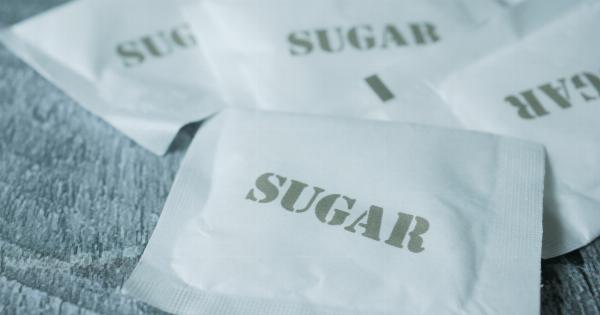Sugar is one of the most commonly consumed substances in the world. It is found in everything from fruits to desserts. However, there are many misconceptions about sugar. In this article we will explore some of the truths and fallacies about sugar.
What is Sugar?
Sugar is a type of carbohydrate that provides energy to the body. It is a simple form of carbohydrate that is quickly absorbed by the body. There are two types of sugar – natural and refined.
Natural Sugar
Natural sugar is found in fruits and vegetables. This type of sugar is healthy because it comes packaged with vitamins, minerals, and fiber.
When you eat a piece of fruit, for example, the natural sugar in the fruit is slowly released into your bloodstream. This helps to regulate your energy levels and prevent spikes in blood sugar.
Refined Sugar
Refined sugar is the type of sugar that is added to many of the processed foods we consume. It is made from sugar cane or sugar beets that have been processed to remove all of the vitamins, minerals, and fiber.
The resulting product is known as “empty calories” because it provides no nutritional value. Refined sugar is quickly absorbed by the body, which can lead to spikes in blood sugar and energy crashes.
Sugar and Health
Sugar has been linked to a number of health problems, including obesity, diabetes, tooth decay, and heart disease. When you consume too much sugar, the body stores the excess as fat. Over time, this can lead to weight gain and obesity.
Too much sugar can also lead to insulin resistance, which can eventually lead to type 2 diabetes. Sugar is also bad for your teeth because it feeds the bacteria that cause cavities. Finally, consuming too much sugar can raise your risk of heart disease by increasing levels of triglycerides and LDL cholesterol.
How Much Sugar Should You Consume?
The American Heart Association recommends that men consume no more than 9 teaspoons of sugar per day, while women should consume no more than 6 teaspoons. However, most people consume far more sugar than this.
In fact, the average American consumes about 17 teaspoons of added sugar per day!.
The Dangers of Added Sugar
Added sugar is the sugar that is added to foods and drinks during processing. This can include table sugar, corn syrup, and other sweeteners. Some of the most common sources of added sugar include soda, candy, baked goods, and processed foods.
Consuming too much added sugar can lead to a number of health problems, including weight gain, obesity, diabetes, and heart disease.
How to Reduce Your Sugar Intake
Reducing your sugar intake is easier said than done. Sugar is added to many of the foods we consume, including processed foods, drinks, and desserts. However, there are some simple steps you can take to reduce your sugar intake:.
- Eat more whole foods, like fruits, vegetables, and whole grains, which are naturally low in sugar and high in fiber.
- Avoid sugary drinks, like soda and juice, which are loaded with added sugar.
- Read food labels and avoid products that contain added sugars, like corn syrup and high fructose corn syrup.
- Choose unsweetened versions of foods, like yogurt and oatmeal, and sweeten them yourself with fruit or honey.
- Limit your intake of sugary snacks and desserts, like candy and cake.
The Bottom Line
Sugar is a natural carbohydrate that provides energy to the body. However, consuming too much sugar, especially added sugar, can be incredibly harmful to your health.
By reducing your sugar intake and consuming more whole foods, you can improve your health and reduce your risk of chronic disease.

























